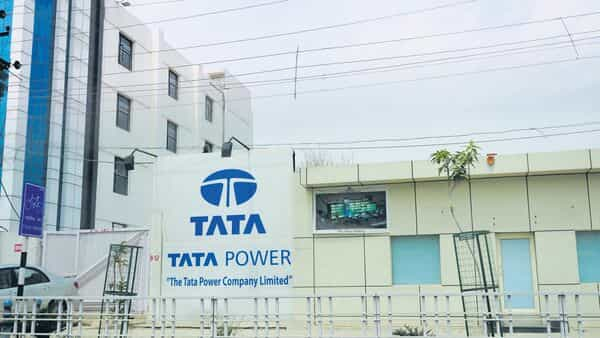[ad_1]
MUMBAI : Corporate borrowers are switching to rupee credit from dollar loans which have turned expensive in the wake of the US Federal Reserve’s aggressive rate hikes, two bankers familiar with the development said.
According to bankers, a one-year dollar loan is now priced 60-65 basis points (bps) higher than a rupee loan after hedging. As the tenor increases to 3-5 years, the interest rate differential narrows to 25-50 bps. One basis point is one-hundredth of a percentage point.
“Corporates follow a calibrated approach while borrowing in terms of tenor, rating and their end use requirement. They are going for rupee loans if the requirement is for shorter term loans,” said Shankar Subramaniam, India head of corporate banking at Bank of America. Widening tenor opens up more options for borrowers, he said, adding, “most of the funds raised are for working capital requirement or refinance. We haven’t seen much of borrowing for capex requirement.”
Bankers say that much of the demand was seen during the first half of the year before the rate hike cycle began. According to Reserve Bank of India data, companies raised external commercial borrowings (ECBs) of $22.87 billion during the January-August period this year, 13.3% below $26.3 billion raised during the corresponding period last year.
Rising interest rates in advanced economies, falling rupee and stiff competition among Indian banks for corporate loans have led to finer pricing of rupee loans, dissuading companies from going for ECBs. The decline in funds raised as ECBs comes despite the limit under the automatic route being temporarily doubled from $750 million per financial year to $1.5 billion, and the all-in cost ceiling under the ECB framework also being raised by 100 basis points.
“There are multiple reasons for the decrease in dollar borrowings. Clearly, the principal reason is the increase in USD risk-free rates, pushing the overall cost up steeply for borrowers. This, coupled with an increase in credit spreads in offshore markets in more recent months has resulted in further differential compared to INR borrowing on a hedged basis. This is why several borrowers are increasingly turning to the domestic markets, which have shown resilience and sufficient liquidity,” said Rajat Verma, head of commercial banking, HSBC India.
Verma added that in the domestic market, there is increased competitiveness in the pricing for corporates with good credit rating, both large and small. “We have observed that in sectors with higher leverage requirements such as NBFCs and infrastructure companies, there is still some need to continue with the diversification in their liability mix through a combination of onshore and offshore markets.”
Download The Mint News App to get Daily Market Updates & Live Business News.
[ad_2]
Source link
John Miller has been writing about science, gaming, and tech culture for over a decade. He’s a top-rated reviewer with extensive experience helping people find the best deals on tech and more.



